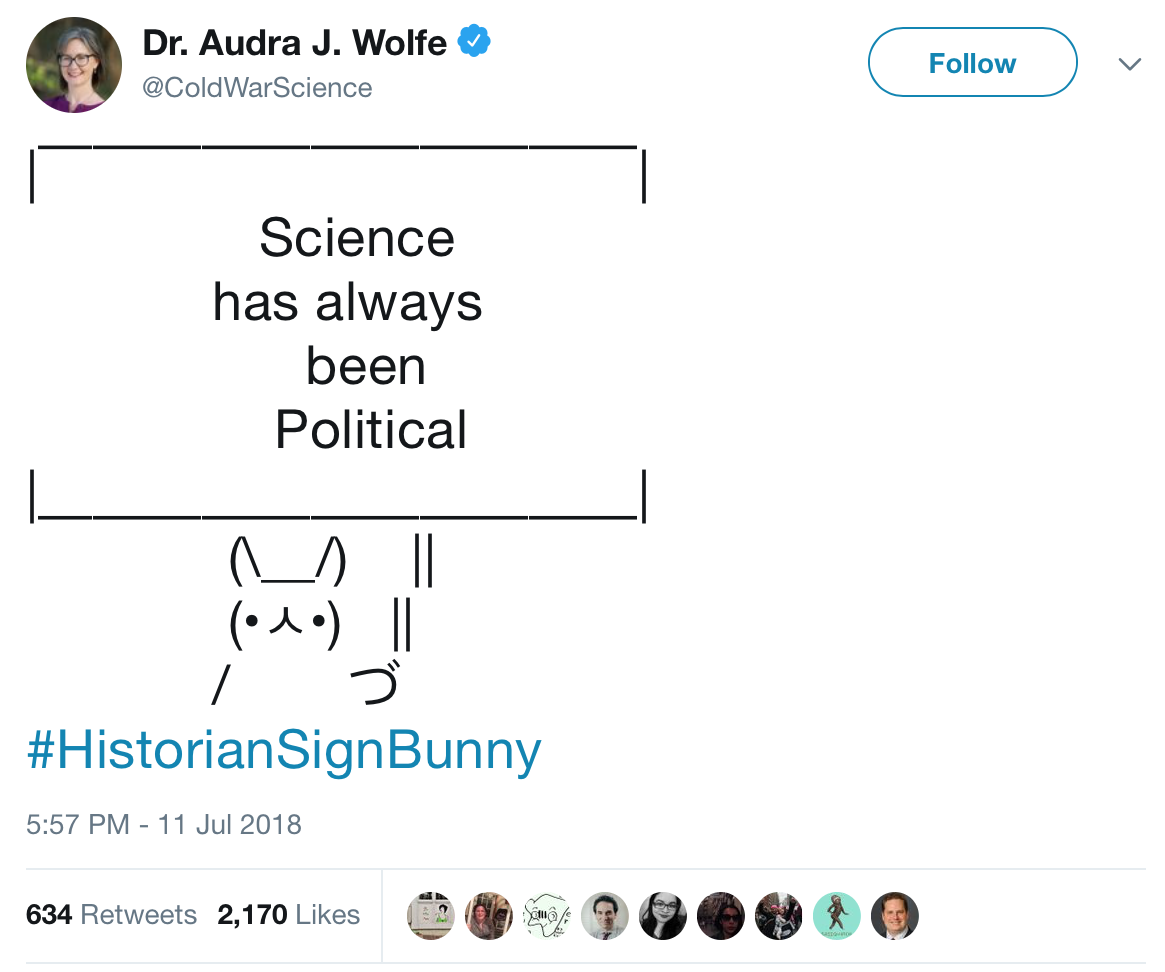I am a scientist. I even have the credentials to prove it. There is a PhD degree in microbiology hanging on my wall and a few peer-reviewed publications to my name. And yet, though other people publicly acknowledge that I am a scientist, I rarely self-identify as one. Why?
Because I am no longer a practicing scientist. I gave up the laboratory in 2010 for the glamorous life of a science writer. In my mind, I am more of a "former scientist," but nobody on Earth uses that title. I suppose that -- sort of like being a medical doctor -- once a scientist, always a scientist.
What about people who don't have PhD's? Are they scientists, too? In any world in which credentials matter, the answer is no. (I describe a major exception to the rule below.) Just like getting an MD or a JD is a prerequisite to being called a doctor or a lawyer, in general, getting a PhD in the natural sciences is the prerequisite to being called a scientist.
Apparently, that rather commonplace observation is controversial in 2018. But first, the backstory.
In Our Postmodern World, Science Is Political
The topic came up on Twitter, the world's foremost outlet for intellectual discourse. Writer and historian Audra Wolfe, who holds a PhD in the history of science, posted this bizarre tweet:

Actually, no, it hasn't, no matter what the Bunny's sign says. The scientific method is designed specifically to root out bias and false assumptions, including political ones. Sure, individual scientists can be political, but the scientific method is not. Its ideological agnosticism is why it works so well. In fact, the self-correcting nature of science means it is the best source of secular knowledge that humankind possesses.
However, Dr. Wolfe's characterization of science is precisely in line with the historical revisionist, postmodernist view: Science is just one opinion among many. Actually, it's worse than that. Science is a system of oppression designed by white, heterosexual men. Science should be treated suspiciously.
As evidence of her belief that science is political, Dr. Wolfe pointed to its "role in weapons production, surveillance, and regulating populations." But this is a red herring. It is akin to arguing that knives are inherently political because they were used to kill Julius Caesar. That's true, but it's irrelevant. Knives can also be used to butter a slice of toast. A knife is simply a knife, and science is simply science. People can use science to achieve politically motivated outcomes. That's an important distinction.
The purposeful conflation of science with the people who (mis)use it is standard postmodernist dreck. That's when I chimed in on Twitter, suggesting (rather cheekily) that non-scientists shouldn't be writing about science. Dr. Wolfe argued that she was a scientist because she has a bachelor's degree in chemistry. Is she right?
In Our Postmodern World, Non-PhD's Are Scientists
No. Similar to how a person who earns a bachelor's degree in pre-medicine is not automatically a doctor, a person who earns a bachelor's degree in science is not automatically a scientist. And this isn't just a rule I invented. This blog post by a lab technician with a bachelor's degree in biotechnology explains:
Yet even though I have my degree, and have done scientific research, I have not earned the coveted social privilege of calling myself a scientist, because I do not yet have my PhD.
He's on the right track, but he has overlooked a major exception: We should extend the title of "scientist" to anyone who has spent a significant amount of time at the research bench designing experiments and/or contributing to the scientific literature. However, few scientists would be willing to extend the title to somebody who simply studied science as an undergraduate and moved on to other things.
Part of the reason is because an undergraduate education doesn't really train a person to think like a scientist. Instead, undergraduates focus on learning the large amount of foundational material in a field. It really isn't until graduate school (or after several years at the bench) that a person is taught how to generate new knowledge in the field. Once you can generate new knowledge in the field, then you can call yourself a scientist.
In Our Postmodern World, Credentials No Longer Matter
Why am I so worked up about this? Because words mean things and credentials matter. Or at least they used to.
I have a minor in chemistry, but I'm not a chemist. I have written articles about philosophy, but I'm not a philosopher. I've given TV and radio show interviews, but I'm not a celebrity. I don't pretend to be something I'm not.
But in 2018, we live in a thoroughly postmodernist society. In a world in which we can no longer distinguish truth from lies and science itself has been redefined, non-scientists can claim to be scientists. And I'm the Queen of England.




